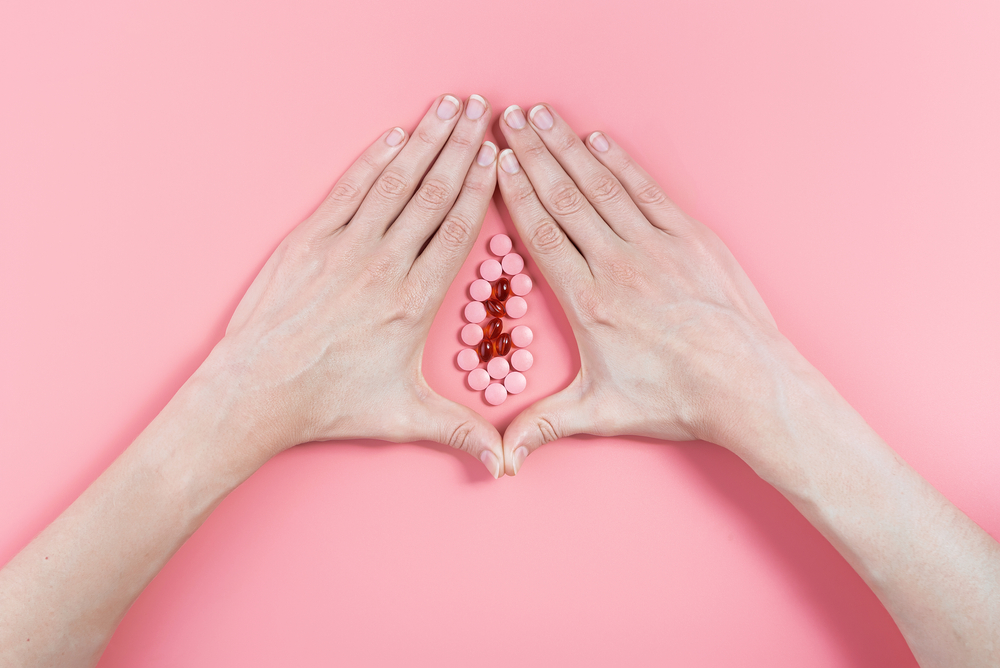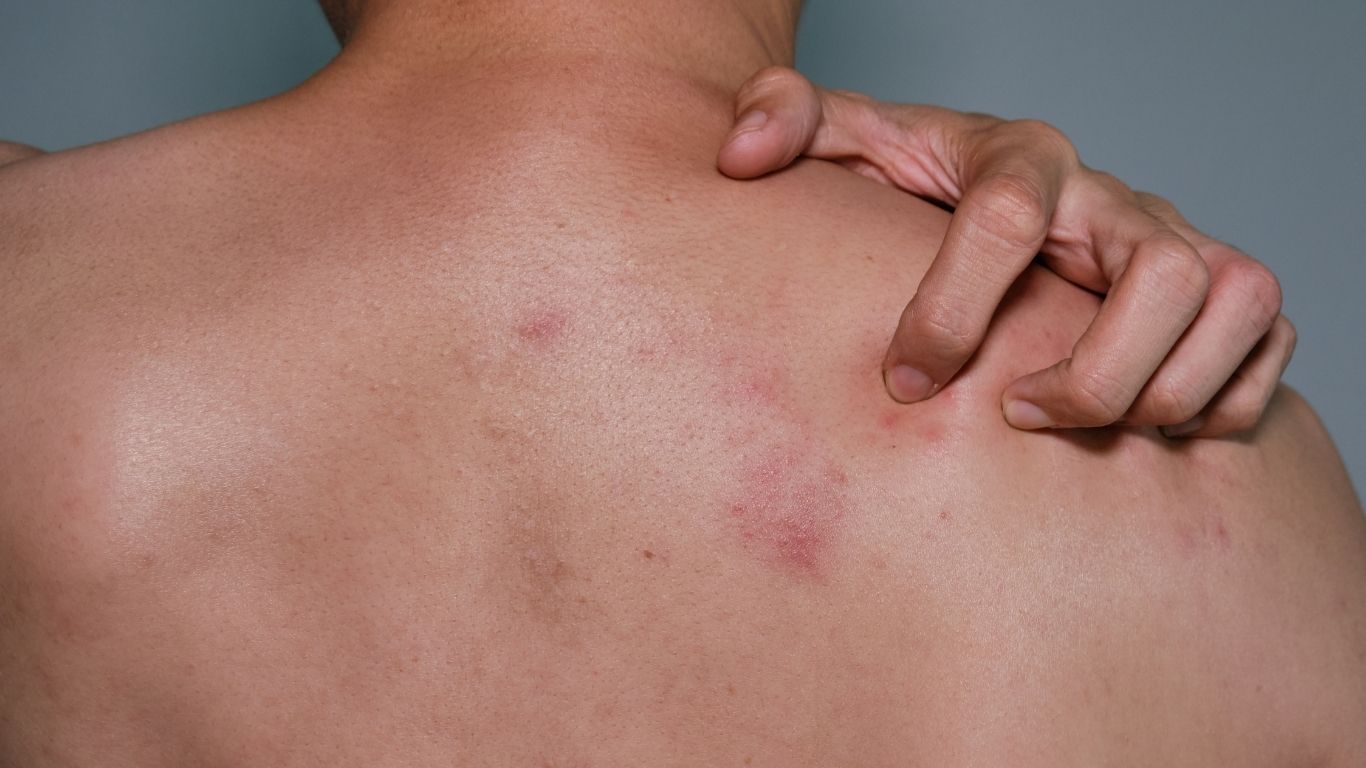Not a week goes by without a new GLP-1 phenomenon affecting a different part of the body, it seems. We’ve had ‘Ozempic Face,’ ‘Ozempic Butt,’ and this week, it's ‘Ozempic Vulva.’
Women’s bodies are under more scrutiny than ever before. Social media and the normalisation of aesthetic treatments are causing more women to become insecure and believe there are parts they need to fix.
But, is Ozempic Vulva a thing? Or is the media just obsessed with creating hyperbole around weight loss medications and making women feel bad about their bodies? We asked the experts:
Is ‘Ozempic Vulva’ really a thing?
Intimate health expert, GP and frontwoman of the ‘Check your Vulva - Know Your Normal campaign, Dr Shirin Lakhani says it is…
“‘Ozempic Vulva’ refers to the appearance of the vulva when it has changed due to significant weight loss, which is often due to rapid weight loss such as from Ozempic or GLP-1 agonist use.”
“Rapid weight loss from GLP-1 medication use can cause changes in the face and throughout the body, such as loose skin and sagginess. This can also appear in the vulva, especially the labia majora, which can appear deflated or saggy.”
How can a sudden change in the vulva’s appearance affect women mentally?
“Changes in the appearance of the vulva or labia can really take a mental toll on women, especially if they have not experienced problems prior to this,” Dr Lakhani continues. “It can make women feel out of control and can affect their confidence. Changes in the appearance can also affect a woman’s sex life due to not feeling as confident or discomfort due to loose or excess skin.”
“But, it’s important to remember that vulvas come in all shapes and sizes,” chimes in Dr Sabika Karim, founder of Skin Medical. ‘Our focus should always be on health and function first, not just appearance.”
Does ‘Ozempic Vulva’ have any health implications?
“Volume loss in the labia majora can lead to ‘exposure symptoms,’” says Dr Lakhani. “The labia majora have a protective function, and when volume is lost, women can experience irritation, dryness, discomfort during exercise, intercourse or wearing tight clothes, and more frequent infections.”
Can ‘Ozempic Vulva’ affect women of all ages?
“Changes in the appearance of the vagina happen as we age, especially through menopause due to the changes in hormone levels, specifically low oestrogen, which can affect skin laxity. Changes due to GLP-1 agonists can accelerate these,” says Lakhani.
“The rise of medical weight loss injectables has made these treatments widely accessible, and the aesthetic side effects don’t discriminate by age."
What can be done about it?
Within aesthetic medicine, various treatments are available for individuals who are concerned.
“If a patient is experiencing noticeable changes and it's affecting their confidence or comfort, maintaining a healthy weight is a good foundational step,” says Dr Karim.
“Treatment options can include radiofrequency (RF) for skin tightening, which improves appearance, as well as hyaluronic acid (HA) fillers to restore volume and hydration.”
“Labial filler can restore the protective cushioning element, thereby reducing discomfort,” adds Dr Lakhani.
A treatment also gaining traction for the intimate area is the ‘Vampire Wing Lift’ which uses the body’s own growth factors to regenerate tissue, boost collagen, and improve overall skin health down there.
“These procedures should only be performed by qualified medical professionals with specific experience in genital aesthetics,” states Dr Karim.
The bottom line
“The media are just looking for controversial and catchy headlines, which means the real conversation gets lost,” says Karim, in regards to the impact that the recent explosion of media coverage around the topic may have on women.
“We should be normalising the conversation around the vulva, and talking about function rather than just focusing on the aesthetic as well as talking about the problems that can arise and the solutions that are available.”
But, with many feeling more insecure due to the effects of rapid weight loss caused by GLP-1 medications, “these treatments aren’t about vanity; they’re about confidence, comfort, and wellbeing,’ says Dr Lakhani.
“Women deserve to feel good in every part of their body, including their most intimate areas.”
Read next: Mounjaro price hike: what does this mean for patient accessibility and safety?



